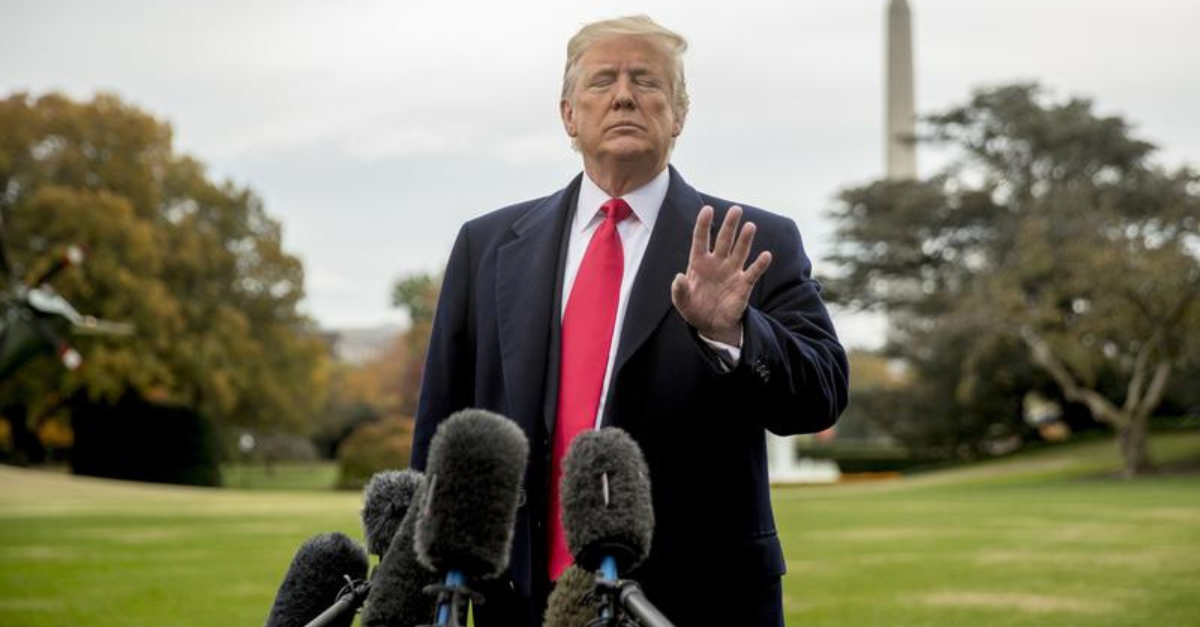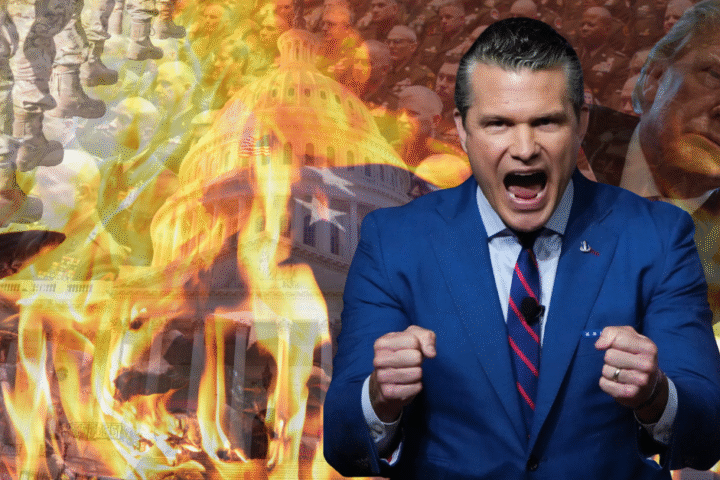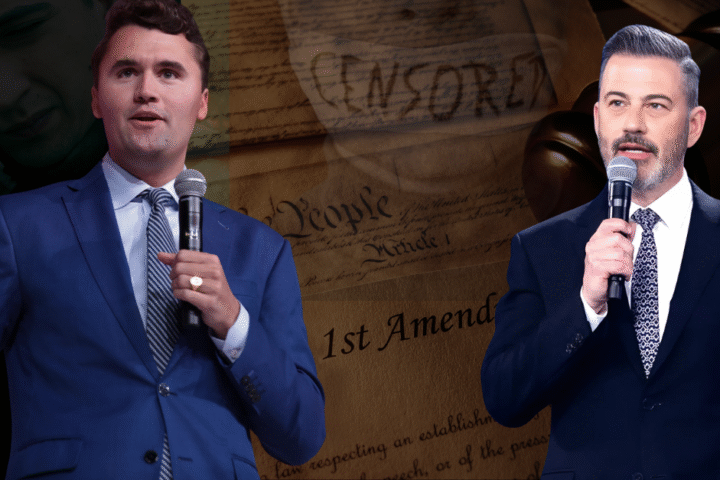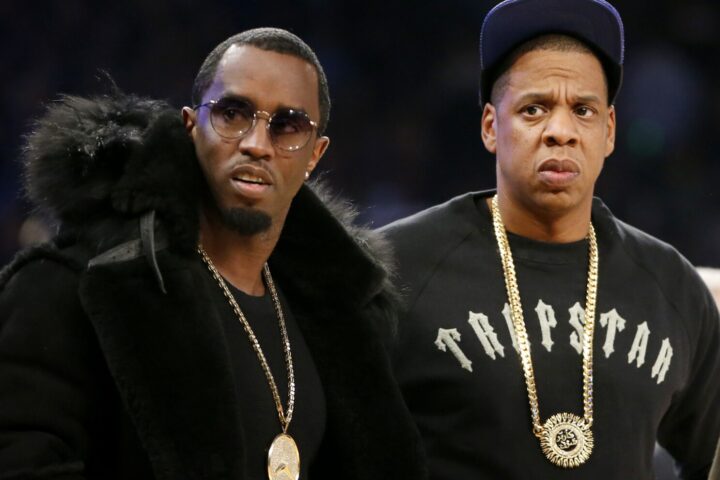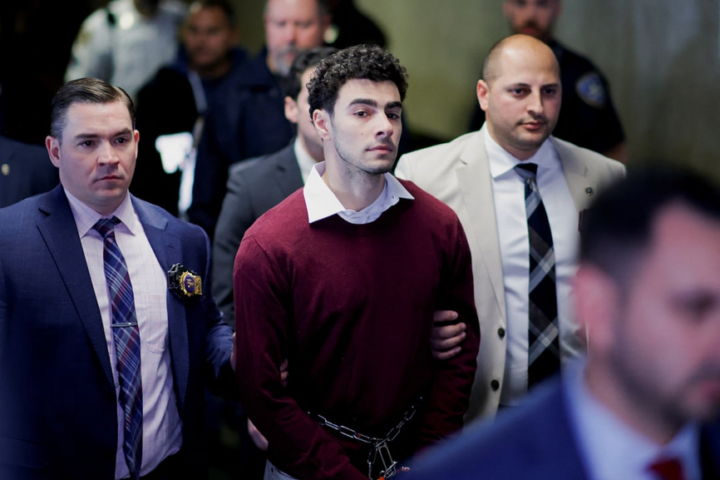In a turbulent chapter of American democracy, the intersection of politics and press freedom is emerging as one of the most critical battlegrounds of the modern era. With President-elect Donald Trump poised to take office, his campaign promise to target the media is rapidly evolving from rhetoric to reality, and the implications stretch far beyond partisan lines. For journalists, media outlets, and advocates of free speech, the stakes have never been higher.
Trump’s transition into power has been marked by aggressive legal actions against media organizations, sparking fears that his presidency may employ tactics resembling those seen in countries where press freedoms have eroded under authoritarian regimes. Trump’s recent $16 million settlement with ABC News, stemming from a defamation suit, signals a potentially chilling shift. Legal experts warn that this victory could embolden him to launch further lawsuits, effectively deterring critical reporting and stifling independent journalism.
“This settlement isn’t just about litigation,” says Roy Gutterman, director of Syracuse University’s Tully Center for Free Speech. “It’s a strategic maneuver that tilts the system of checks and balances, leaving the media more vulnerable.”
A Global Playbook for Silencing Dissent
Trump’s legal battles echo a disturbing global trend. Across the world, leaders in countries like Hungary, Russia, and India have systematically undermined press freedoms. Sharon Moshavi of the International Center for Journalists warns that the process is often subtle but devastating. “It’s death by a thousand cuts,” she says. “Legal challenges, ownership changes, and economic pressures all converge to muzzle independent voices.”
In Hungary, Prime Minister Viktor Orbán leveraged his allies to buy private media outlets, transforming them into pro-government mouthpieces. Similarly, Poland’s government consolidated media entities under centralized control, curbing dissent and reshaping public discourse. These methods, while less overt than jailing journalists or shuttering newsrooms, are equally effective in dismantling press freedom.
The United States, with its robust media landscape, may seem impervious to such tactics, but the financial precarity of journalism presents vulnerabilities. Billionaire ownership of major outlets, coupled with mounting legal threats, creates an environment where self-censorship can thrive. As Northwestern University professor Olga Kamenchuk notes, “Economic pressures on media owners often lead to indirect censorship, as they prioritize business interests over fearless reporting.”
A Chilling Effect on Democracy
Trump’s combative stance against the media isn’t new. His first term was marked by attacks on journalists, whom he labeled the “enemy of the people.” Now, emboldened by a second term and a more consolidated base of loyalists, his rhetoric has grown darker. During a recent rally, he suggested he “wouldn’t mind” if journalists faced physical harm—a statement that drew condemnation from press advocates worldwide.
“This isn’t just about lawsuits or rhetoric; it’s about eroding public trust in journalism,” says Anna Diakun of the Knight First Amendment Institute. “The cumulative effect is a media landscape where fear and self-doubt stifle bold, necessary reporting.”
The Resilience of American Institutions
Despite these challenges, there is hope. Experts argue that the diversity and size of the U.S. media market provide a buffer against the authoritarian playbook. Unlike smaller nations where media consolidation is easier, the U.S. boasts a decentralized and dynamic press ecosystem. Yet, Anne Applebaum, a historian and journalist, cautions against complacency. “Even in a large market, financial pressures and legal threats can create cracks that opportunistic leaders exploit.”
The U.S. Constitution enshrines protections for a free press, but the responsibility to uphold these rights lies with the public, media organizations, and legal institutions. Advocacy and vigilance will be critical in ensuring that these protections are not eroded by fear or complacency.
Moving Forward: A Call to Action
As Trump prepares to take office, the role of independent journalism in safeguarding democracy becomes more urgent than ever. The press is not merely a passive observer but an active participant in the democratic process, holding power accountable and amplifying diverse voices.
For the nation’s newsrooms, the path forward requires courage, collaboration, and a renewed commitment to truth. For the public, it demands an unwavering defense of the First Amendment, recognizing that the freedom of the press is inseparable from the health of democracy itself.
In these defining moments, the question is not whether the press will survive but whether it will thrive as a beacon of accountability and transparency in the face of unprecedented challenges.

